17. Timecrimes (2007)
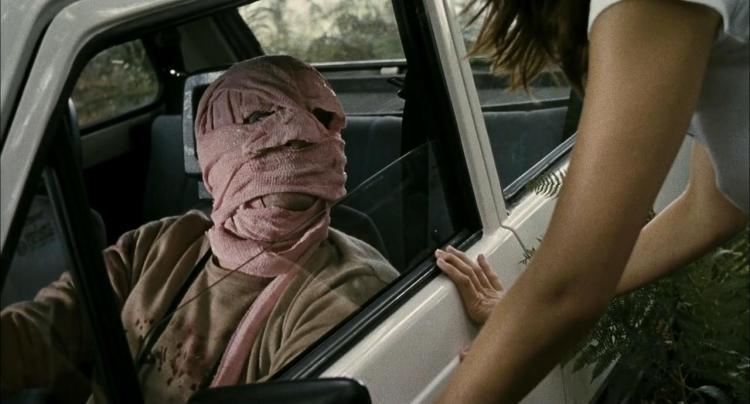
After his 2003 Oscar-nominated short film 7:35 de la Mañana, Spanish filmmaker Nacho Vigalondo made a startlingly impressive feature length debut with Timecrimes. A thriller with steady surprises and subversion at every step, this is a time travel yarn that jumps genres with alacrity and humor.
Timecrimes hits the ground running as Héctor (Karra Elajalde) spies on his disrobing neighbor in the woods outside his home, and soon finds himself running from a stab-happy assailant swathed in bandages. While trying to escape Héctor runs into a scientist who convinces him to hide in his experimental time machine. It is here that our browbeaten hero is thrust back in time an hour to observe himself and the chaotic encounter that sent him running.
Vigalondo reaps maximum effect from a minimalist of means but never does the film’s low budget slow down the creativity and the momentum at the crux of this fun, wonderfully confused, and circuitous Möbius strip. If you’re a fan of time loops, paradoxes, causality complications you can’t afford to miss this mini-masterpiece.
16. Donnie Darko (2001)

“You’re not a bitch. You’re bitchin’, but you’re not a bitch.”
Donnie Darko may well be writer-director Richard Kelly’s Citizen Kane, and is that really such a bad thing? Filled with emotion, humor, and mind-bending undertakings in the suburbs of American (Middlesex, Virginia, to be more exact) in the late 1980s, titular teenager Donnie (Jake Gyllenhaal) has somehow survived a freak accident.
Now occasionally giving audience to a supremely sinister rabbit named Frank (James Duval)––who really wants him to try out time travelling––Donnie also navel gazes at existence, falls in love, and flirts with secret knowledge of enticing potential to affect not only time, but fate as well.
The 80s-era soundtrack adds to the appeal, as do the comeback turns from cast members Katharine Ross and Patrick Swayze. Also excellent in their supporting roles are Maggie Gyllenhaal, and Jena Malone and some quick cameos by producer Drew Barrymore, Seth Rogen, and Noah Wyle.
Unjustly ignored on its initial release––it came out shortly after the 9/11 tragedy and features an alarming plane crash and airplane imagery that were too fluky and unintentionally upsetting at the time––a cult following soon embraced this eerie, intelligent, and exciting psychological sci-fi fable.
15. Attack the Block (2011)
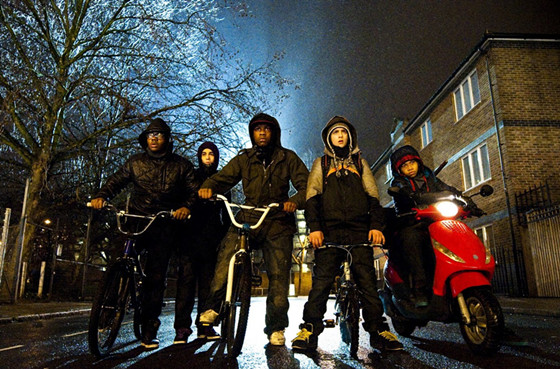
“Big alien gorilla wolf motherfuckers, I swear.”
Joe Cornish’s jaw-dropping directorial debut is set on Guy Fawkes Night in South London and converges on a teenage street gang of mixed ethnicity, who may just be the only thing preventing an alien invasion in the hood. Cornish makes a lot of sharp social commentary, playing up the class struggle angle in the ghetto, and yet still makes one hell of an action movie.
His young cast are solid gold, especially John Boyega as Moses, the leader of the gang, totally believable, and sympathetic, and once the aliens start their onslaught you’ll be cheering him on and hoping that the racist police force won’t, you know, go all Ferguson on him.
You’d never believe the film’s modest budget, as the aliens look incredible, the action scenes shatter the screen, and a playful sense of humor entwines a tight and nimble narrative. “That’s an alien bruv, believe it.”
14. Hard to Be a God (2013)
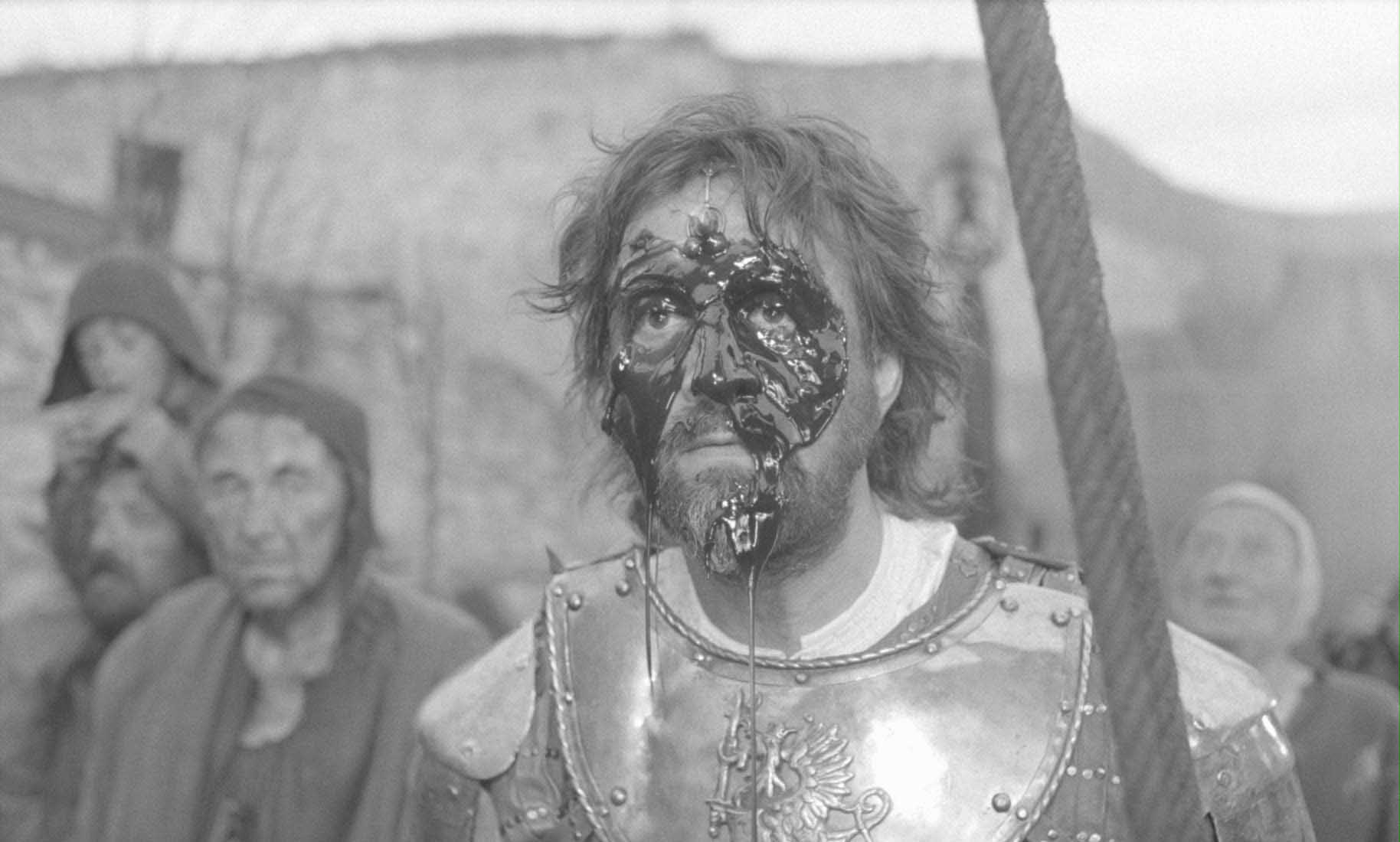
The long-gestating final film from Russian cinema heavyweight Alexei Gherman (My Friend Ivan Lapshin) spent decades in pre-production, was begun in 2000, filmed over a six year period, spent years after that in post-production, and was finally finished posthumously by Gherman’s son, and released theatrically in 2013. Hard To Be a God is that rare reward of visceral cinema, and an epic in every sense of the word.
Adapted from the underground sci-fi cult novel by Arkady and Boris Strugatsky––the sibling duo who penned Tarkovsky’s Stalker––Gherman’s crowning achievement takes place on an alien planet Arkanar, eerily like our own only here the Renaissance never happened, resulting in a never-ending Middle Ages nightmare.
Gherman’s richly detailed black-and-white cinematography recreates Bosch-like tableau and Brueghelian details of barbarity and beauty. If a more immersive, ingrained and extravagant film than this exists, I’ve yet to see it, and no one who’s seen Hard To Be a God will ever forget it. Whoa.
13. Minority Report (2002)
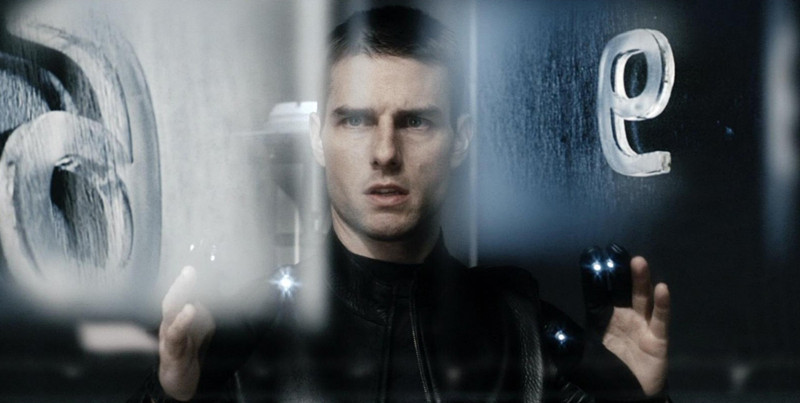
Minority Report is that rare consummation combining Hollywood heavies (Steven Spielberg and Tom Cruise), an ethically and philosophically complex sci-fi tale from Philip K. Dick (culled from his 1956 short story). where not only is the end result a dutiful adaptation, it’s a savvy, brisk, blockbuster, overfull with excitement.
Noir undercurrents ride with action and violence as future cop Captain John Anderton (Cruise), part of a PreCrime Unit who use psychics (including the brilliant Samantha Morton), dubbed “precogs”, to predict and prevent deadly crimes before they occur.
Competently propped by Spielberg’s favorite cinematographer, Janusz Kamiński (Schindler’s List, Saving Private Ryan), the deeply metaphysical and meaningful spirit of Ingmar Bergman is often evoked — the appearance of Max von Sydow in a supporting role as Director Lamar Burgess helps seal the deal — creating artful visual tableaus of 24-karat quality. It’s a tour de force for all involved.
12. Never Let Me Go (2010)
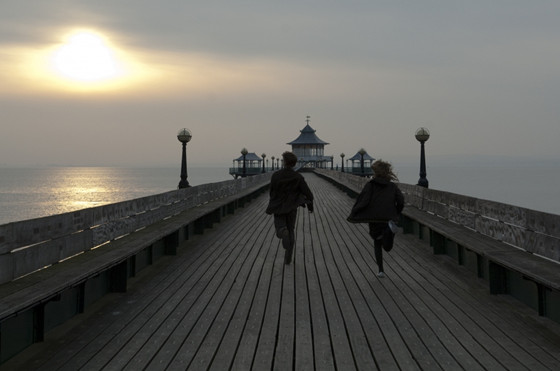
Kazuo Ishiguro’s heartbreaking dystopian novel from 2005 is the basis for Mark Romanek’s graceful, startling, and outstanding adaptation (penned by Alex Garland, btw), Never Let Me Go.
The lives of three close friends, Kathy (Carey Mulligan), Tommy (Andrew Garfield) and Ruth (Keira Knightley), as they grow up in the English countryside and attend the same, seemingly unspoiled boarding school, Hailsham. But there’s a dark secret kept at Hailsham, one that hides their true purpose in a world where the human lifespan has been extended beyond 100 years.
Never Let Me Go offers a provocative and painful look at humanity, adversity, altruism, friendship, and the fragility of love. It’s a poignant picture, and a very chilling one, and while it may not have quite opened the floodgates for me that way that Ishiguro’s beautifully heart-rending book did, it comes mighty close. Don’t miss it, and don’t watch it if you aren’t prepared to ugly cry by the end title scroll. Equal parts agonizing and affecting, but in wonderful ways.
11. Beyond the Black Rainbow (2010)
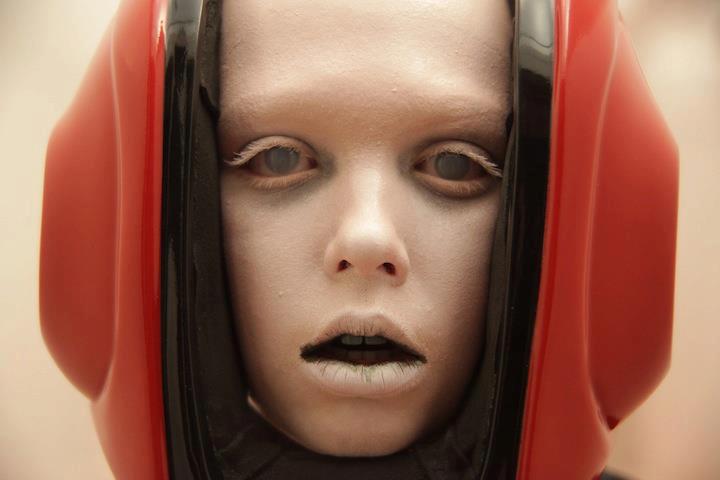
In many ways the ultimate midnight movie, Beyond the Black Rainbow is an artful, experimental, and inspired visual feast that pastiches the seditious leanings of Mario Bava, John Carpenter, David Cronenberg, and just a dash of Tarkovsky’s Stalker. Rarely are small-scale sci-fi films this adventurous and smartly surreal.
Set in the distant year 1983, writer-director Panos Cosmatos offers up a feverish, chimerical miracle of strange cinema, like an artifact from another era. Stylish to a fault, fantastic to the hilt, the story of a heavily sedated Eva Allan, cursed with ESP, desperate to escape the enigmatic institution that keeps her captive.
The synth-driven score from Sinoia Caves adds immeasurably to the film’s appeal (while also upping the Dark Star-era Carpenter vibe) and helps make Cosmatos’ idiosyncratic, strange, and onerous emotional environment all the more arresting. This isn’t a film for everyone, but those that it will resonate with will cherish this dark, impending jewel.
10. The Fountain (2006)
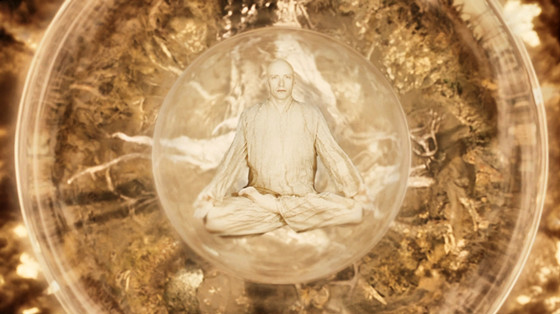
A psychedelic science-fiction fantasy and a historical romance that miraculously maneuvers multiple meanings, ideas, themes, and storylines in an epic triptych that ambitiously spans a thousand years, Darren Aronofsky’s The Fountain centers on the celestial space pursuance of everlasting life represented in a mythical tree. Sound familiar? Of course not. There’s never been a sci-fi spectacle quite like this.
Starring Hugh Jackman in three roles; as Tomás Verde, a 16th-century Spanish conquistador; Tom Creo a 21st-century neurologist; and Tommy a space traveler in the far future en route to the golden nebula of Xibalba, each fighting to save his beloved (Rachel Weisz) from death, The Fountain takes the biblical tree-of-life from the Book of Genesis and Kabbalah.
There’s also a gripping and speculative through line binding neuroscience and Spanish colonialism as well as Mayan myths glimpsed from an indigenous lens, and even a playful yet profound intermingling of David Bowie’s “Major Tom” pop chronicle.
The Fountain presents a saga-like three-parter on the fear of death and dying, it’s certainly a film that resonates with adventurous and inventive audiences while being one of Aronofsky’s most personal, imposing, and provocative of films.
9. Moon (2009)

Overrun with arresting ideas and details, Moon, Duncan Jones’ directorial debut, orbits perceptions on artificial intelligence, ethics in exploration, loneliness, identity, and more, as we follow astronaut Sam Bell (Sam Rockwell), employee of Lunar Industries. Sam’s nearing the end of a multi-year contract on moon station Sarang, where he’s been the lone human occupant, with only GERTY (voiced by Kevin Spacey), the station’s AI unit, for company.
Due to unspecified interference, the communications mainframe has been damaged, unable to transmit for some three years, furthering Sam’s disconnect from Earth, his family, and his life there. After a routine exercise goes disastrously wrong for Sam, a string of hallucinations has him paranoid, questioning his sanity, and reality. Jones displays visual genius and considerable craft, creating an ethereal, and occasionally frightening meditation on humanity.